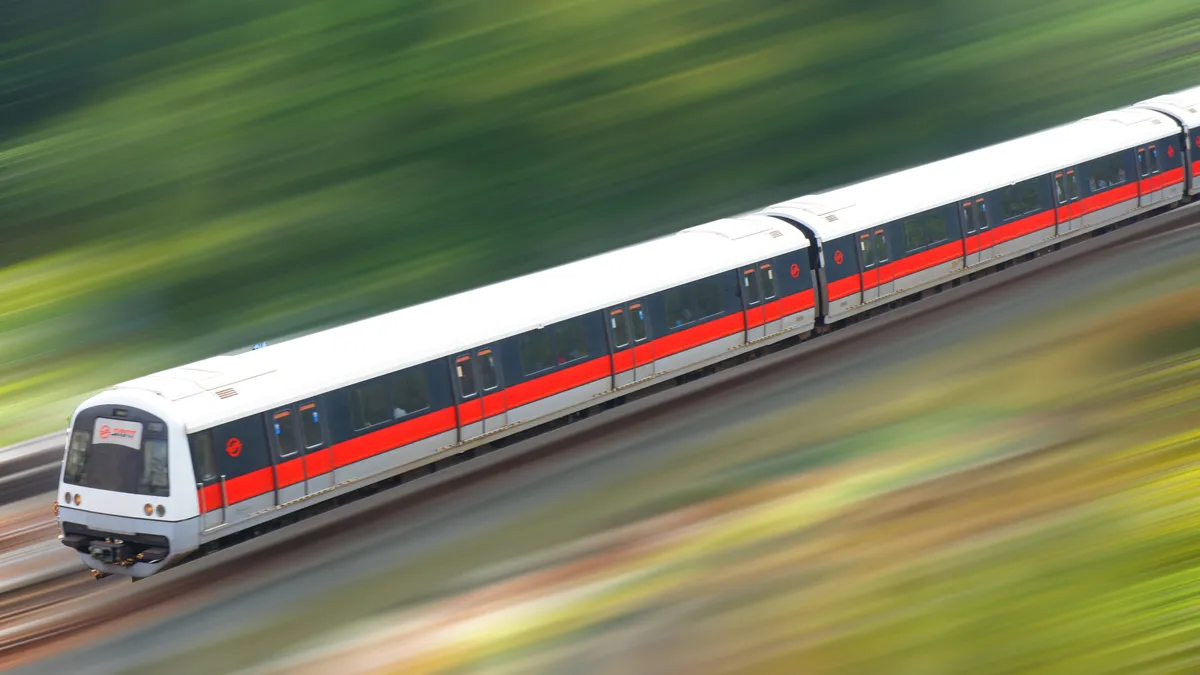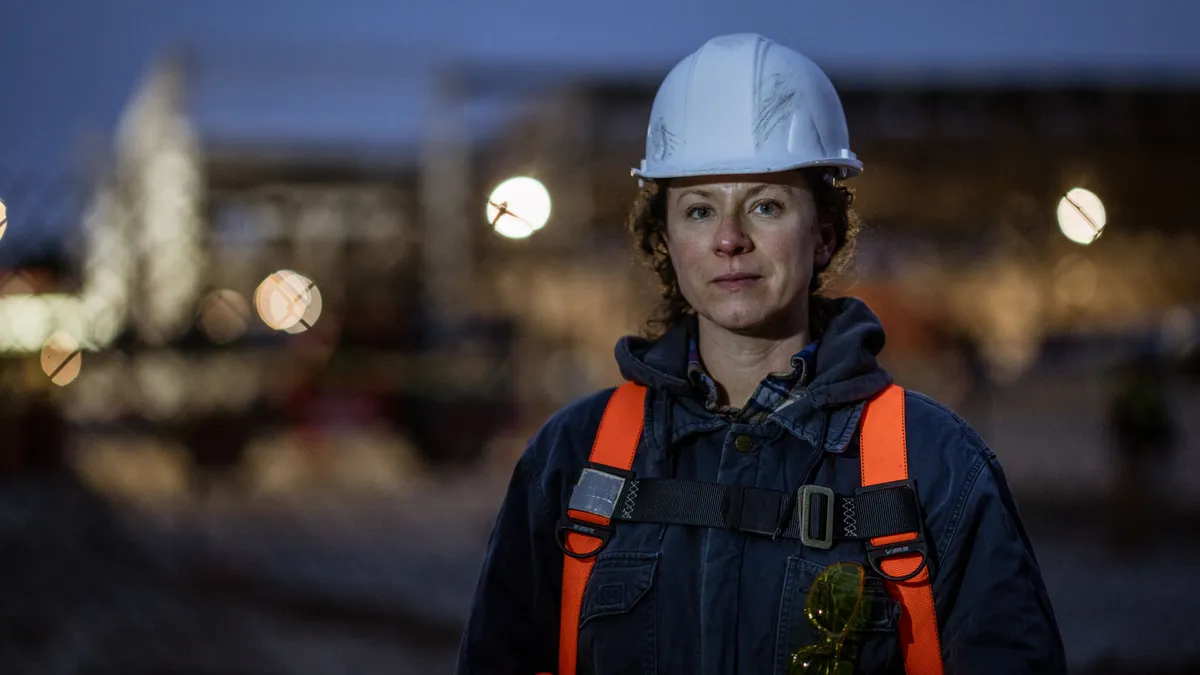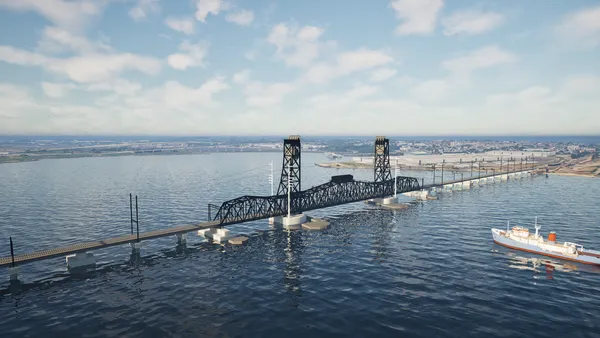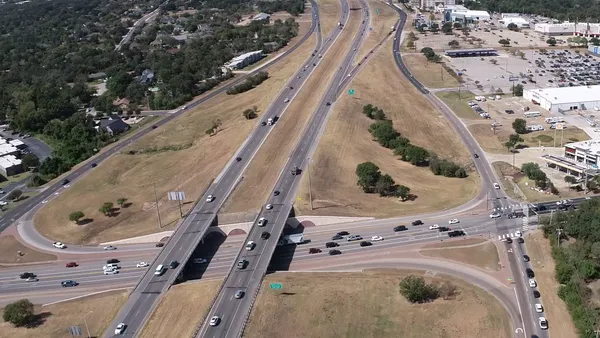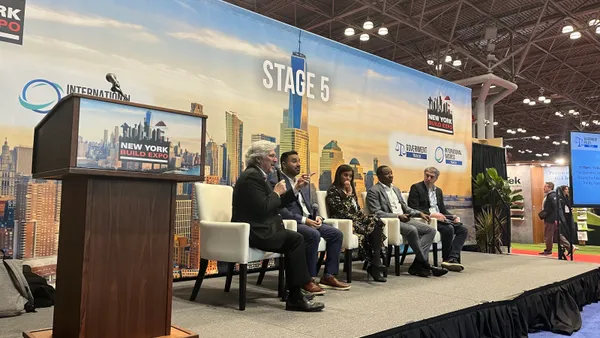Dive Brief:
-
Texas lawmakers have stopped — for now — trying to steer the fate of a proposed $12 billion high-speed rail line between Dallas and Houston with legislation, according to The Dallas Morning News.
-
During the last legislative session, lawmakers introduced more than 20 bills meant to derail Texas Central Partners' rail project but passed only two — one that precludes the state from helping the project financially and another concerning safety.
-
Some landowners along the route, however, continue to fight the rail's program of land acquisition, even though bills that would have limited eminent domain rights failed to clear the Texas legislature.
Dive Insight:
When the high-speed rail-related bills were floated to the state Senate this spring, the Texas Department of Transportation said it would still be able to offer limited guidance, plan reviews and build the infrastructure necessary at the system's rail stations even if — as it happened — lawmakers passed a bill preventing state contributions to the project.
Local studies have found that the rail could benefit the regional economy with jobs and other perks, but it still must raise a significant amount of money on its own if it is ever to get off the ground.
Texas Central has said in the past that the train would reduce travel time between Dallas and Houston to 90 minutes for the 240-mile trip. More still, Texas Central has said the project would create 10,000 construction jobs during each year of construction and 1,000 permanent, direct jobs upon completion.
The prospect of being forced to give up their land to make way for the rail is a hot-button issue among some landowners, and those individuals have said they will fight the process no matter what. The Dallas News suggested that vocal opponents of the project could drum up future legislative support.
High-speed rail has been slow to take off in the U.S. The only such project currently under construction is the California High Speed Rail Authority's $64 billion bullet train that will eventually connect Northern and Southern California. But that line hasn't been immune to problems, including public relations setbacks and route changes, in addition to struggling to draw in the funding needed to complete the project on schedule.


